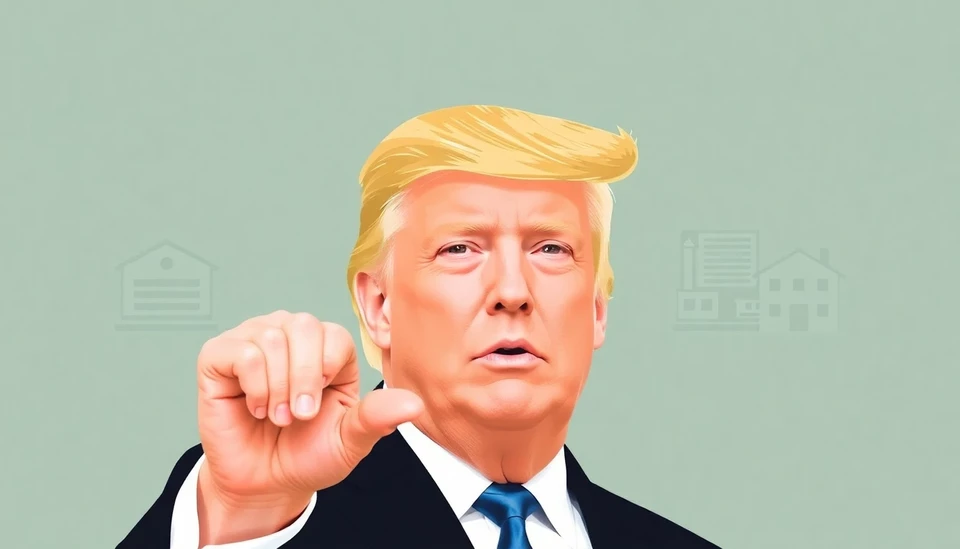
In a surprising turn of events within financial markets, several hedge funds are strategically positioning themselves in stocks that have come under fire from Republican circles, a move significantly influenced by former President Donald Trump's ongoing political presence. This shift highlights the growing divergence between traditional GOP values and the approach taken by these investment firms.
The landscape has shifted dramatically since the end of Trump's presidency, with certain sectors now viewed as risky due to their association with corporate governance and social issues that have polarized Republican voters. Stocks belonging to companies that have been vilified for their stances on social justice and environmental policy are now attracting the attention of sophisticated investors, suggesting a potential market rebellion against the prevailing GOP narrative.
These hedge funds aim to capitalize on the volatility stirred by political rhetoric and public perception. With Trump remaining a commanding figure in the Republican party and using his platform to target specific companies, these funds are betting that the public backlash against these brands is overstated, thus buying into stocks they deem undervalued.
One notable example involves hedge funds that are pivoting towards tech and energy companies facing significant scrutiny from conservative factions. Trump's frequent critiques of firms aligning with progressive ideals are only further igniting investor interest. As such, this has set the stage for a potential showdown where hedge funds could emerge victorious while defying the dogma typically enforced by the GOP.
This unusual trend indicates a stock market environment filled with contradictions, as the strategies leveraged by hedge funds may create broader implications for American politics and corporate America. As they position themselves against the backdrop of Trump's revitalized influence, the potential for a new narrative in investment strategies may unfold.
While these hedge funds are keenly aware of the political risk at play, their calculated bets suggest a belief in a market inefficiency—where stocks are unjustly punished by the political climate rather than their fundamentals. This approach could reshape investor perspectives and highlight the complexities of aligning financial performance with political ideologies.
The tensions within the GOP over corporate messaging and social responsibility underscore a growing schism between party hardliners and a more pragmatic economic stance represented by these hedge funds. As previously maligned companies begin to witness shifts in valuation driven by these investments, it remains to be seen how this will affect the political landscape moving forward.
Investors are urged to keep an eye on both market trends and the associated political narratives, as the intersection of finance and politics becomes increasingly intricate. This development serves as a testimony to the enduring impact of Trump's political maneuverings on various sectors and the strategic decisions made by hedge funds in navigating this unpredictable landscape.
In conclusion, the divergence between hedge fund strategies and the GOP's traditional stance on stocks presents a fascinating case of how political influence can intertwine with market dynamics. As investors adjust their portfolios amid shifting sentiments, the next phases will be crucial in determining the future of both the stock market and the Republican party.
#Trump #HedgeFunds #Stocks #GOP #InvestmentStrategy #PoliticalInfluence #MarketTrends
Author: Peter Collins




